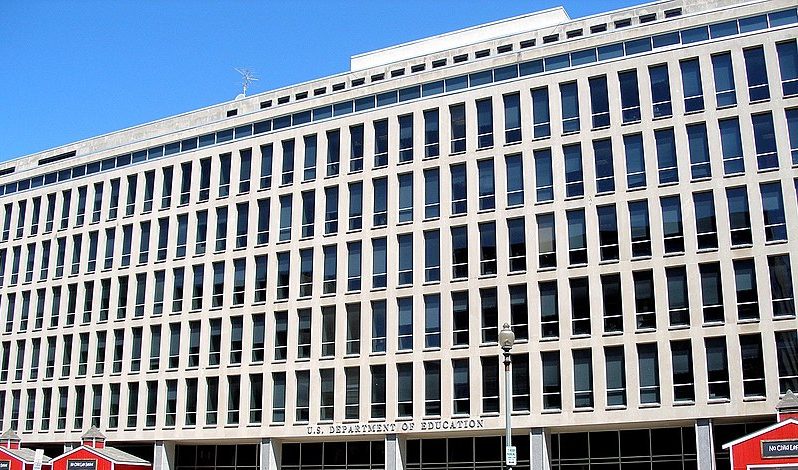In a speech at George Mason University last week, Secretary of Education Betsy DeVos announced her intention to roll back Obama-era guidelines for how universities receiving federal funding handle cases of sexual assault. This editorial board believes that this decision by Secretary DeVos is an errant one and undermines the effort to prevent sexual assault on college campuses.
The Obama-era guidelines, stemming from a “Dear Colleague” letter circulated in 2011, require universities to be more expeditious in investigating sexual assault claims. Before the letter’s release, sexual assault allegations would go months or years before being investigated. The guidelines also prevent universities from making accusers sign non-disclosure agreements. Additionally, they lower the standard of evidence for universities to find an accused person guilty of sexual assault.
This lower standard of evidence, also referred to as “50 percent plus a feather,” has been primarily criticized for denying due process rights to those accused of sexual assault, in addition to being biased against people of color and allowing unverified science to influence how universities handled sexual assault investigations.
Many of these criticisms are legitimate, and the current methods of handling sexual assault allegations on college campuses are far from perfect. Ideally, perpetrators of sexual assault should have to answer for their crimes in a court of law and receive the proper criminal punishment. However, focusing solely on the problems with current sexual assault policy, as many critics seem to do, ignores the broader judicial and societal context of sexual assault and creates a false equivalency between survivors of sexual assault and those accused of it.
The “Dear Colleague” guidelines were introduced because of a widespread failure by universities to appropriately handle sexual assault cases. Taking cases to the courts has also proven to be unjust for survivors, exemplified by convicted sex offenders like Brock Turner receiving lenient sentences. Tipping the scales away from the rights of the accused on campuses, while undoubtedly significant, should not be of primary concern when these same scales have been enormously unbalanced against survivors of sexual assault for so long.
Secretary DeVos herself has used rhetoric equating sexual assault survivors and defendants and has belittled the severity of sexual assault by claiming that, “If everything is harassment, then nothing is.” She has yet to announce the Department of Education’s specific plan for rescinding the Obama administration’s guidelines. However, given the Secretary’s stance on the issue, we fear that her attempts to resolve criticisms of the current policy will create harm for sexual assault survivors that far exceeds any potential benefits. An action permitting universities to once again force sexual assault accusers to sign non-disclosure agreements would be a clear indication that the administration is not acting in the best interest of survivors.
Regardless of the intention of Secretary DeVos to reverse the progress made by the Obama-era guidelines, the Georgetown administration must remain committed to confronting the problem of sexual assault.
Since releasing the results of a campus-wide survey on sexual assault in June 2016, the university has taken several positive steps towards addressing the problem of sexual assault on Georgetown’s campus. These include creating a Sexual Assault and Misconduct Task Force, mandating bystander intervention training for club leaders, and introducing the Bringing in the Bystander intervention training program for first-year students this year.
In a discussion forum on Tuesday, Rosemary Kilkenny and Todd Olson, two university administrators and co-chairs of the Task Force, announced the recommendations outlined in a Task Force report. The university has already begun to act on some of the recommendations by implementing mandatory education training for all undergraduate and graduate students and GUPD officers. It has also created a Coordinated Community Response Team to move forward on the Task Force’s recommendations and work with campus organizations to examine the systematic factors that contribute to the pervasiveness of sexual assault.
These are all significant accomplishments and should be praised. At the same time, this editorial board has written previously and still believes that students should hold the Georgetown administration accountable to continue its efforts to prevent sexual assault on campus and do all it can regardless of the federal government’s position. In this vein, the university should continue to adhere to the Obama-era guidelines until such a time when improved federal guidelines are imposed.
In the face of potential actions from Secretary DeVos that can at best be described as misguided, Georgetown has the opportunity to lead by example in the fight against campus sexual assault. The university must seize that opportunity and create a safe and just environment for students.





